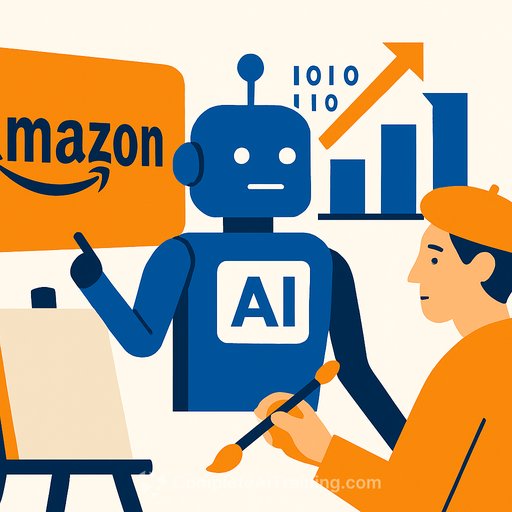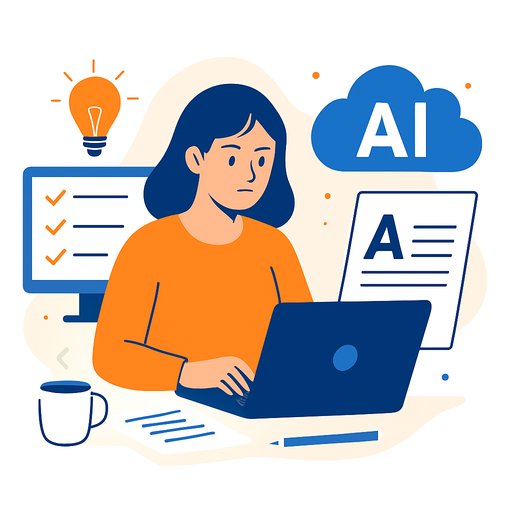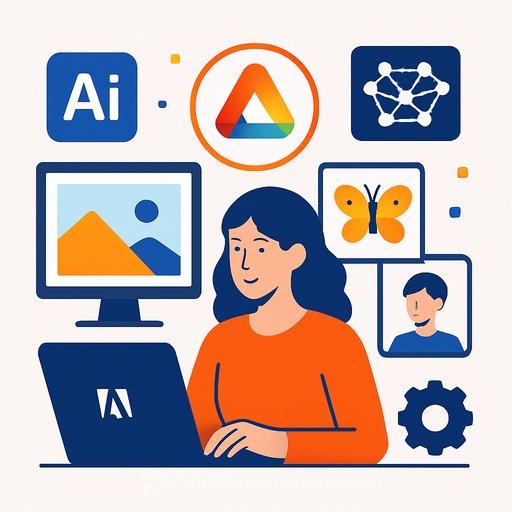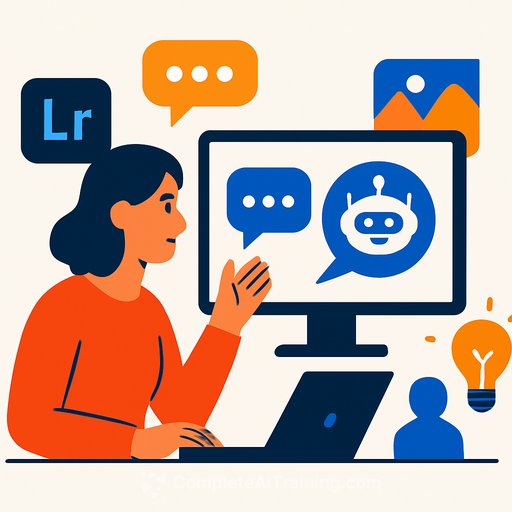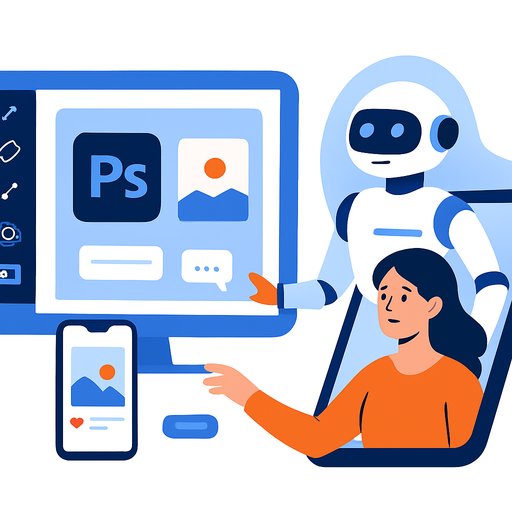Amazon-Backed AI CEO Warns of an "End of Human Creativity" in Film and Beyond
The CEO of Fable, an Amazon-backed AI company, recently shared a stark outlook on the future of creativity. Edward Saatchi, whose company helped restore missing footage from Orson Welles' 1942 film The Magnificent Ambersons, envisions a future where AI doesn't just assist creativity but becomes a creative force on its own.
During an appearance on CNBC’s Squawk Box, Saatchi described a world where AI-generated entertainment runs parallel to human-made content. His idea? A movie could launch with an AI model ready to generate millions of new scenes by the end of its opening weekend, offering fans an unprecedented level of interaction and content expansion.
Saatchi said, “What’s coming is a world where we’re not the only creative species, and that we will enjoy entertainment created by AIs. So, we wanted to train our AI on the greatest storyteller of the past 200 years, Orson Welles.”
This vision points to a future where studios might release films alongside AI-generated companions, potentially reshaping how stories are told and consumed. But it also raises questions about the value of human creativity when algorithms can produce endless variations.
Money Over Art? The Business Side of AI Creativity
For studios and stakeholders, the appeal is clear: AI promises enormous cost savings and new revenue streams. Saatchi noted that the entertainment industry is beginning to accept AI’s financial potential after initial skepticism.
He remarked that the notion of computers creating original work is an exciting concept that artists like Warhol or Da Vinci might have embraced. However, this excitement seems primarily driven by profit rather than concern for the creative professionals who could be displaced.
Legal Battles Highlight AI’s Troubling Footprint
While AI’s creative capabilities grow, so do the legal challenges surrounding its use. Copyright infringement lawsuits have become a major issue for AI companies and the entertainment industry alike.
- Anthropic AI recently settled a $1.5 billion lawsuit with authors over copyright violations related to generative AI training data.
- Warner Bros., Disney, and Universal have sued Midjourney for allegedly removing safeguards that prevented the use of copyrighted characters such as Superman and Looney Tunes in AI-generated content.
- Apple faces accusations of using pirated books and novels to train its large language model, OpenELM.
These cases underscore the murky legal and ethical waters AI creators are navigating. Despite this, many AI leaders seem focused on scaling their technology without fully addressing the impact on creators in film, writing, and other creative professions.
What This Means for Creatives
For individual creators—especially those without the resources or skills to bring their ideas to life—AI can offer significant advantages. It can help generate content, spark ideas, and lower barriers to entry.
But for established studios and creative professionals, the rise of AI could mean fewer opportunities and a shift toward prioritizing efficiency over human artistry. This tension is at the heart of ongoing debates about the role of AI in creative industries.
If you’re a creative professional wanting to stay informed and adapt, exploring AI tools thoughtfully can be a smart move. Resources like Complete AI Training’s latest AI courses offer practical knowledge without hype, helping you understand how AI can assist your craft rather than replace it.
Your membership also unlocks:

